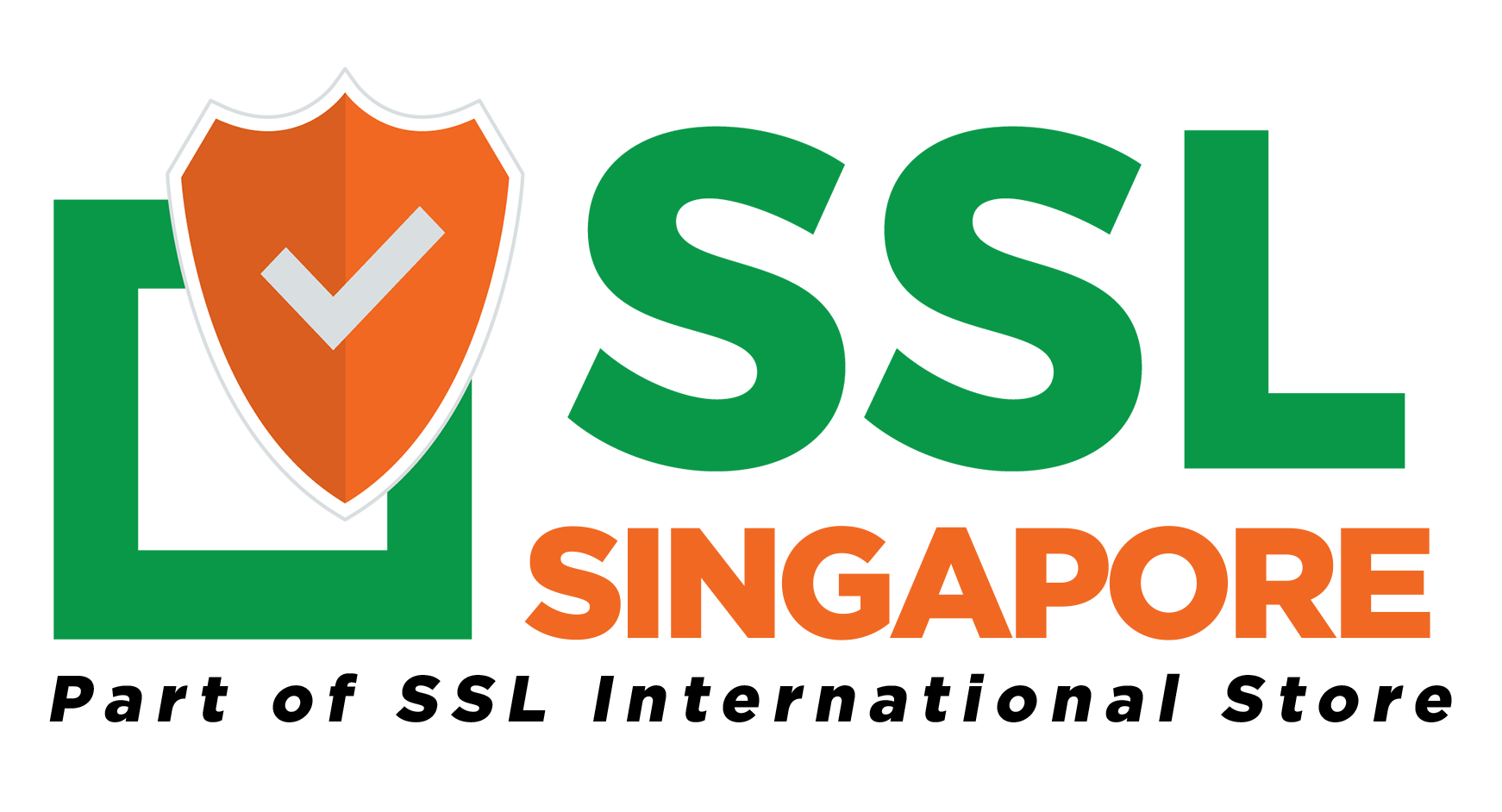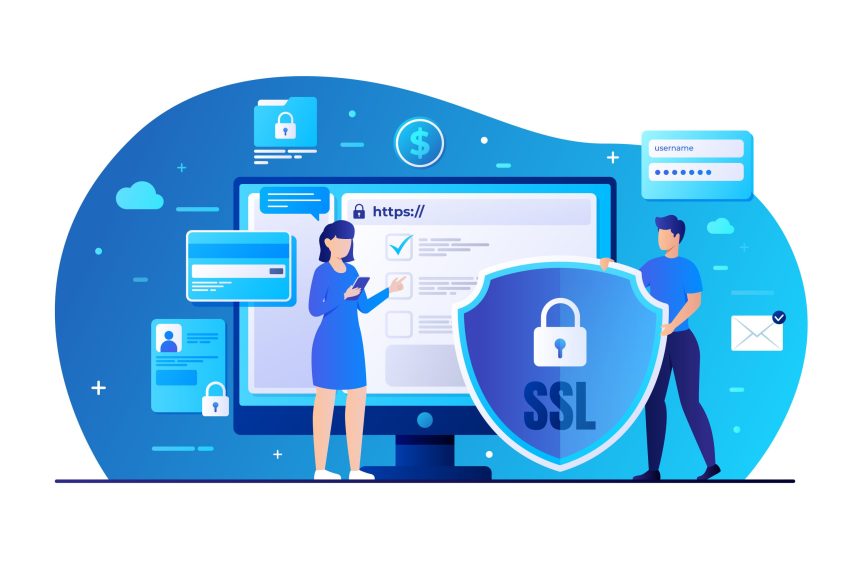Key Strategies to Protect Your Website from Hackers
Protect Your Website from Hackers — A website is more than just an online presence, it’s a valuable asset that must be protected. As cyber threats continue to evolve, taking proactive steps to protect your website has never been more important. From safeguarding sensitive data to maintaining customer trust, the right security strategies can make all the difference. This article explores key approaches you can implement to protect your website from hackers and ensure it stays safe, reliable, and resilient.
Tips to Protect Your Website from Hackers
These are 10 tips to protect your website from hackers :
1) Strengthen Your Login Security with Strong Passwords and 2FA (Two-Factor Authentication)
Cybercriminals frequently rely on automated tools to break into accounts with weak passwords. Creating complex passwords that combine letters, numbers, and special characters helps prevent unauthorized access. Activating 2FA adds an extra layer of protection, so even if someone gets your password, they still can’t access your account without the second verification step.
2) Install an SSL Certificate and Activate HTTPS
An SSL certificate plays a crucial role in keeping your website secure. It enables HTTPS, which encrypts important data like login credentials and payment information, making it much more difficult for cybercriminals to intercept. Beyond just security, using HTTPS can also improve your site’s SEO ranking, enhance customer confidence, and support compliance with data protection standards.
Read : Why Businesses Need SSL?
3) Set Up a Web Application Firewall (WAF)
A Web Application Firewall serves as a protective layer that filters out malicious traffic before it reaches your website. It detects and prevents common threats such as SQL injection and cross-site scripting (XSS), providing a strong defense against widely used cyberattack techniques.
4) Utilize Comprehensive Website Security Tools
Advanced security solutions from SSL Singapore not only protect your website but also help improve its overall performance. Equipped with features like malware detection, HTTPS enforcement, DDoS mitigation, and API protection, these tools proactively block malicious traffic, ensuring your website runs efficiently and remains secure.
5) Limit Access to Your Website with Role-Based Permissions
Limit backend access by assigning permissions according to each team member’s role. This approach reduces the chances of unauthorized activities or unintentional mistakes, protect your website, helping maintain the security and integrity of your website.
6) Perform Regular Security Scans
Regular security scans, such as vulnerability assessments, can help identify and address potential weaknesses before they are exploited. Using tools like SiteLock, you can automate the process of detecting and resolving security issues, ensuring continuous protection for your website.
7) Protect Your Website by Updating Software and Removing Unused Plugins
Regularly updating your software is crucial to maintaining a secure website. Outdated software often leaves your site vulnerable to known security flaws, so it’s essential to keep your CMS, plugins, and themes up-to-date. These updates typically include vital security patches that close potential entry points for attackers. Additionally, removing inactive plugins and unused features helps reduce hidden vulnerabilities. Regularly review your website to deactivate or uninstall anything unnecessary, ensuring that only essential and up-to-date components are active, which in turn lowers the risk of cyber threats.
Read : HTTP vs HTTPS, What’s the difference?
8) Regularly Back Up Your Website
Routine website backups offer a vital safety net in the event of a cyberattack. Having an up-to-date backup allows you to quickly restore your site, minimize downtime, and prevent the loss of valuable data.
9) Monitor Site Logs and User Behavior
Regularly checking your website’s access logs allows you to spot potential threats before they escalate. Watch for unusual login attempts, sudden spikes in traffic, or unauthorized changes to files, as these could indicate a security breach in progress.
10) Promote Cybersecurity Awareness for Your Team and Users
Human mistakes are a major contributor to security breaches. It’s essential to educate both your team and users on how to recognize phishing attempts, follow secure online practices, and report any suspicious activities. Fostering a culture of cybersecurity awareness plays a crucial role in safeguarding your website.
Protect Your Website with SSL Singapore
Securing your website is an ongoing task that requires attention and the right resources. By implementing these strategies, your business can enhance its website security, reduce the risk of cyber threats, and maintain seamless digital operations.
SSL Singapore, a trusted provider of digital security solutions, offers SSL certificates, code-signing certificates, and other vital tools to protect your website and online transactions. Our advanced protection services are designed to defend against common cyberattacks while ensuring your website runs at its best.
Need help securing your website? Reach out to SSL Singapore today for expert assistance and customized solutions.

